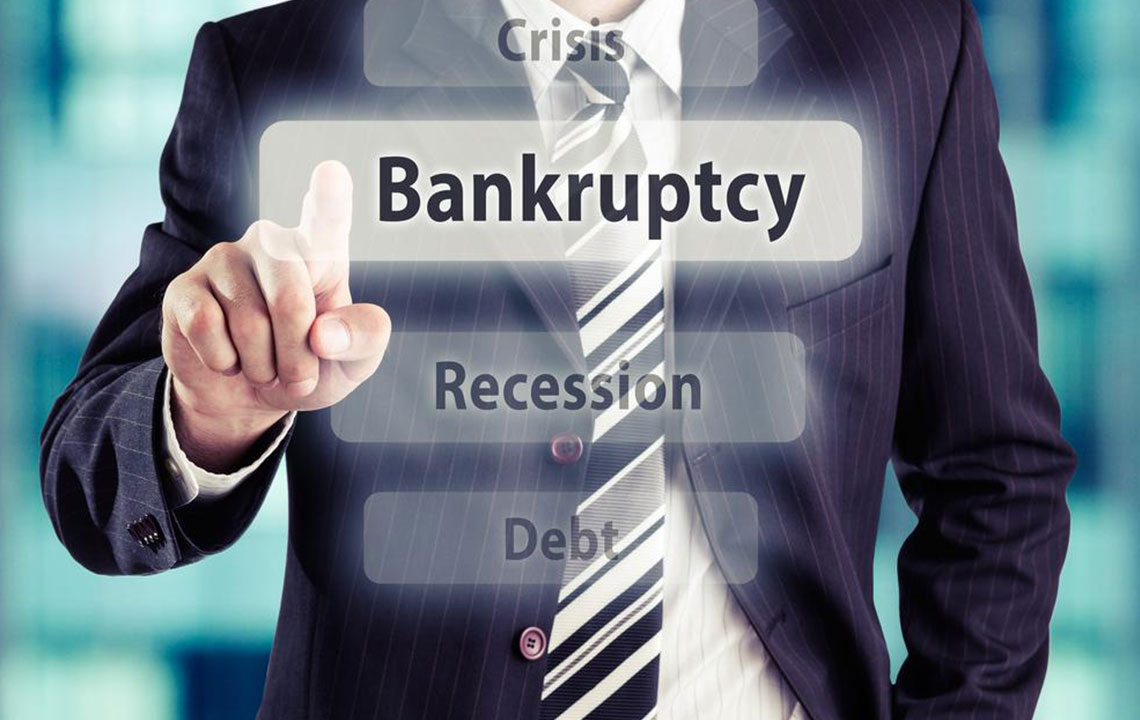Top Legal Firms Leading in Pro Bono Services
Explore the top law firms renowned for their pro bono services. Learn about their contributions, how they support underserved communities, and methods to connect with pro bono legal assistance. These organizations demonstrate a strong commitment to public service and provide vital legal aid to those in need, ensuring access to justice regardless of financial means.

Leading 9 Law Organizations Excelling in Pro Bono Legal Assistance
Starting their careers, attorneys have over 21 options to choose from, many of whom prioritize volunteer legal work. A pro bono attorney dedicates part or all of their time to assisting clients at no cost, providing essential legal services without charging fees. While some lawyers take on such cases sporadically, others focus exclusively on pro bono work, achieving remarkable success in this field.
Covington & Burling
Established in 1919, this versatile law firm emphasizes public service. It invests resources into developing pro bono projects and actively encourages its attorneys to volunteer, making it a leader in free legal assistance.
Covington has been recognized as the top pro bono firm for three consecutive years, with attorneys donating an average of 177.8 hours annually.
Hughes Hubbard & Reed (HHR)
HHR is an international firm dedicated to delivering results and community service. They prioritize serving underprivileged populations, abused women, immigrants, and wrongfully convicted individuals through extensive pro bono efforts.
Jenner & Block
Headquartered in Chicago, with offices globally, this firm was founded on a mission to promote pro bono work. New associates are encouraged to begin volunteer work immediately without time restrictions, and the firm’s attorneys contribute an average of 170 hours annually.
Orrick
Based in San Francisco and established in the 1860s, Orrick focuses on technology law. Recognized by The National Law Journal, nearly all attorneys participate in pro bono activities, collectively providing nearly 200,000 hours yearly.
Her Justice
Formerly InMotion, this organization offers legal aid specifically to impoverished and abused women, mentoring pro bono lawyers to address issues like family law, immigration, and protective orders.
Volunteer Lawyers for the Arts (VLA)
Founded in 1969, VLA advocates for artists and arts organizations, protecting their legal rights and livelihoods through dedicated legal counsel.
Ladder Up
Since 1994, Ladder Up has helped individuals file taxes and access financial aid programs. Partner law firms include Paul Hastings and Kirkland & Ellis, among others.
Kids in Need of Defense (KIND)
Co-founded by Microsoft and Angelina Jolie, KIND defends unaccompanied refugee and immigrant children, assisting thousands facing deportation.
Transgender Legal Defense & Education Fund (TLDEF)
Established in 2003, TLDEF works to combat discrimination against transgender individuals, supporting issues like workplace fairness, healthcare access, and legal name changes, with support from prominent law firms.
How to Locate a Pro Bono Attorney
The American Bar Association provides a helpful online map for finding local pro bono legal services by state. Searching online for “pro bono lawyers near me” also yields options. The Legal Services Corporation supports 133 clinics nationwide to assist those in need. Additionally, ABA’s Free Legal Answers allows individuals to pose questions online; a licensed lawyer evaluates and assigns pro bono support if needed.
Legal troubles can cause significant stress, especially when financial constraints prevent hiring legal representation. Fortunately, many law firms allocate dedicated pro bono hours annually, guided by ABA recommendations, ensuring access to quality legal services regardless of ability to pay. These lawyers are supervised to uphold service standards, so no client is left without help due to financial hardship.
Note:
Our articles offer valuable insights across multiple topics, based on researched and verified data. However, content should not be regarded as definitive legal advice. The information provided is for educational purposes, and readers are encouraged to consult professionals for specific legal concerns. The site disclaims responsibility for differences or inaccuracies across sources, and may not include all available schemes or offers beneficial to readers.










